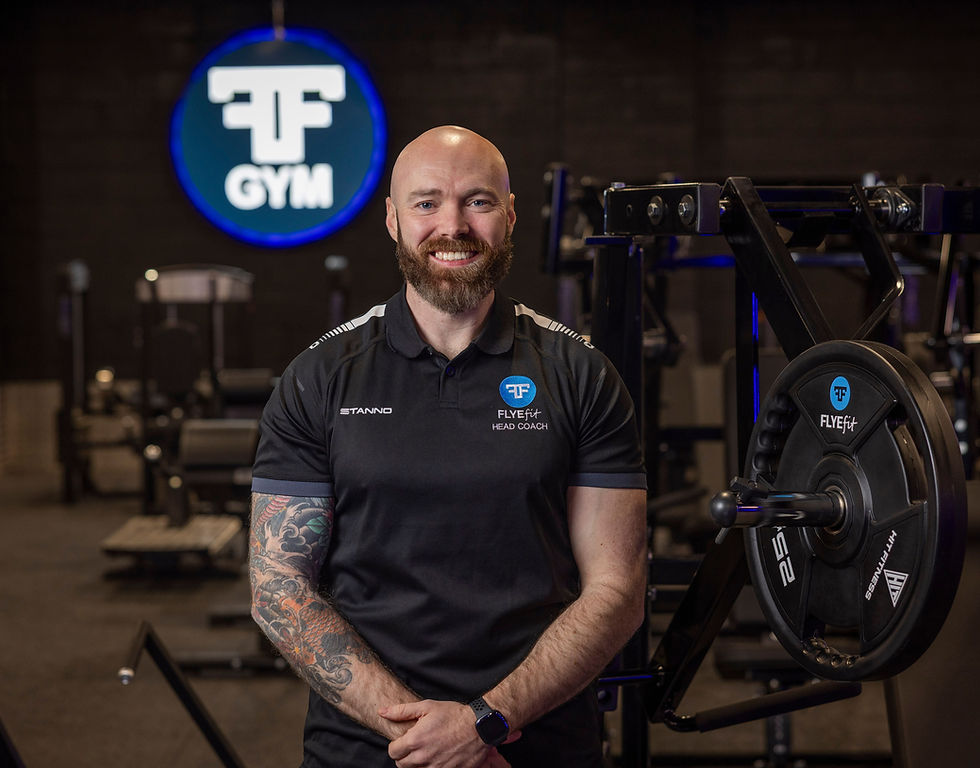How Sound Hearing Makes for Sounder Sleep
- Danny Joyce | Editor

- Feb 21, 2023
- 2 min read
It is universally known that sleep restores the brain. When we sleep, the brain reorganizes and recharges itself and removes toxic waste byproducts which have accumulated throughout the day.
Many people however struggle with initiating or maintaining sleep, early morning waking, or dealing with interrupted sleep.
Several studies have investigated how music impacts age-related sleep problems and a recent Eurotrack survey shows the importance of hearing for sleep quality and the feeling of exhaustion.
The survey which focused on a large group of hearing-impaired participants, with and without hearing aids, reveal that sensory overload and overstimulated nervous systems are negatively impacting people’s emotional and cognitive health.
The majority of hearing impaired declare that their reduced hearing negatively impacts their sleep quality.
More than 20% believe hearing is causing sleeping disorder, and some just feel it causes physical as well as mental exhaustion in the everyday.
For those surveyed, 65% of them got more regular ‘quality sleep’. They felt significantly less physically and mentally exhausted in the evenings compared with people with a hearing impairment that don’t have hearing aids.
It might seem counter intuitive that increasing the amount of clear sound notes you hear throughout the day, makes you less tired in the evenings, ensuring a better sleep suggests Dolores Madden, Marketing Director and Audiologist with Hidden Hearing.
“You are impacted by the way your brain makes sense of sound; sensory overload and overstimulated nervous systems are negatively impacting your emotional and cognitive health.” explained Dolores “Sound affects the hypothalamic-pituitary-adrenal (HPA) axis, a key part of the neurochemical system that regulates not only attention and mood, the HPA axis also controls the hormone cortisol, which is crucial for sleep cycles and stress.”
The Eurotrack survey shows that only a fraction of those with a hearing impairment acknowledge that their hearing is not good, and less than 50% of those opt to take a hearing test. That’s worrying considering that two thirds of those that do get hearing aids regret postponing taking the test.
Dolores Madden added: “More and more people are investing in their mental health with exercise, digital detoxes and meditative states - which is so important. Yet we still see so many postpone testing their hearing despite it being a free and a quick service. I think many are not aware how much their daily soundscape impacts their neurochemistry and thereby their feeling of mental headspace and calm.”
95% of those surveyed declared that getting hearing aids improved their quality of life.
The Hidden Hearing group has a national network of 80+ clinics and over 50 qualified audiologists, and its hearing care professionals conduct over 30,000 free hearing tests each year.
Hidden Hearing is Ireland’s number one provider of hearing healthcare delivering specialist audiology expertise and hi-tech hearing solutions and after-care. The Irish-owned company is also a member of Healthy Ireland, the national framework for action to improve the health and wellbeing of people living in Ireland.
Visit hiddenhearing.ie for more information.
Slán go fóill.




